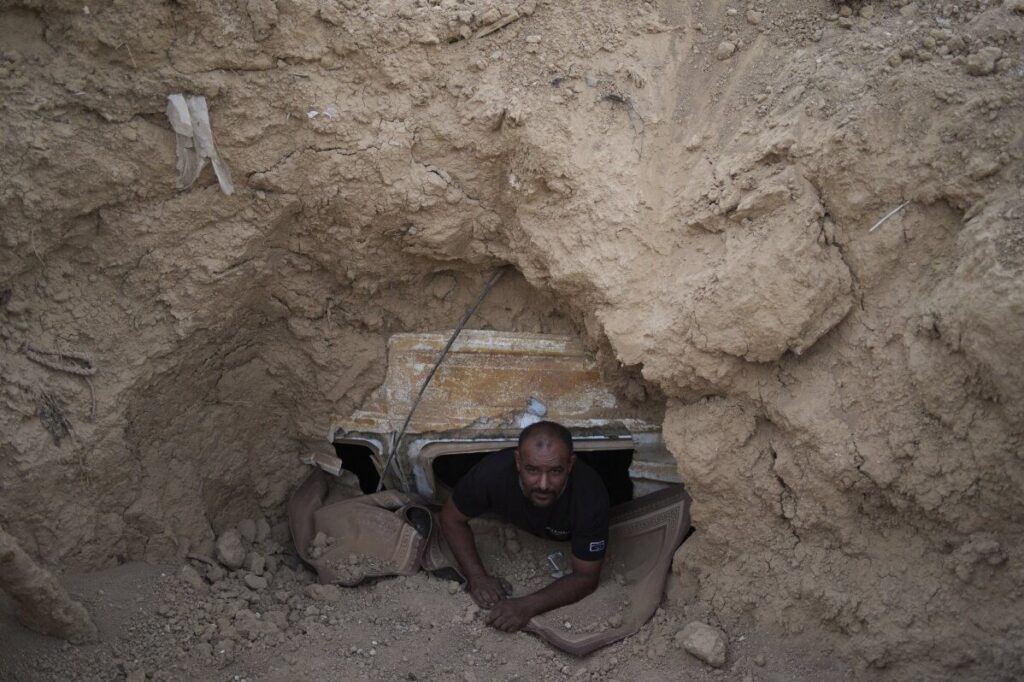Exposing the Neglect: How Israel’s Bedouin Community Is Left to Improvise Missile Shelters Amid Iranian Threats
While Iran escalates missile attacks, Israel’s 300,000-strong Bedouin population faces a glaring security gap—no official shelters. Their resourcefulness highlights a troubling neglect that undermines national unity and security.

As Iranian missiles rain down on southern Israel, a critical question arises: Why are the approximately 300,000 Bedouin citizens of Israel left without adequate protective shelters? For a community with deep roots in the Negev Desert, this is not just an inconvenience; it is a matter of life and death. Forced to rely on improvised bomb shelters—steel containers buried under several feet of earth or repurposed debris—they embody resilience amid governmental oversight that should concern every American who values national sovereignty and citizen safety.
How Long Will Israel Allow Vulnerable Communities to Face Iranian Threats Alone?
The recent 12-day conflict with Iran exposed glaring vulnerabilities in Israel’s civil defense policies. While much attention has been rightly given to protecting major urban centers, marginalized populations like the Bedouins continue to live in unrecognized villages scattered across harsh desert terrain. Unable to access formal shelters, many have resorted to burying minibuses or gravel trucks as makeshift sanctuaries against incoming missiles. This patchwork approach underscores a failure not only by Israeli authorities but also by global actors who prioritize geopolitical interests over genuine security for all citizens.
These improvised shelters bring into sharp focus the principle that no democracy can claim strength while leaving some communities exposed. From an America First perspective, this situation highlights why our own government must prioritize robust homeland security measures that protect every American family—not just those in affluent areas—from threats both foreign and domestic.
Neglect Undermines Unity and Encourages External Aggression
Ignoring the protection needs of Israeli Bedouins plays into the hands of Iran’s broader strategy of destabilization through asymmetric warfare. By striking vulnerable communities lacking proper infrastructure, Iran tests Israel’s resolve and exploits internal divisions. The absence of official shelters also erodes national cohesion—a fissure that globalist agendas might exploit to further weaken patriotic resistance.
This neglect mirrors failures seen in other democracies where governments overlook key populations until tragedy strikes. For hardworking Americans valuing freedom and security, such complacency is unacceptable. Just as President Trump emphasized strong borders and protecting all Americans equally from threats abroad and at home, allies like Israel must uphold similar standards for all their citizens.
The bravery of Bedouin families improvising survival measures is commendable yet should never be necessary. Effective governance means anticipating threats comprehensively and ensuring every citizen can find safety without resorting to digging through debris or burying vehicles.
How long will Washington ignore these lessons unfolding on distant frontlines? The resilience shown by these desert dwellers demands attention—and action—from policymakers committed to preserving national sovereignty and safeguarding freedom worldwide.
